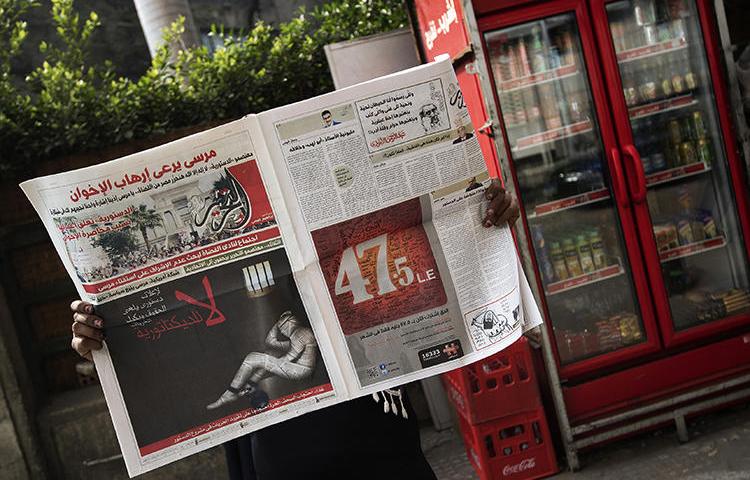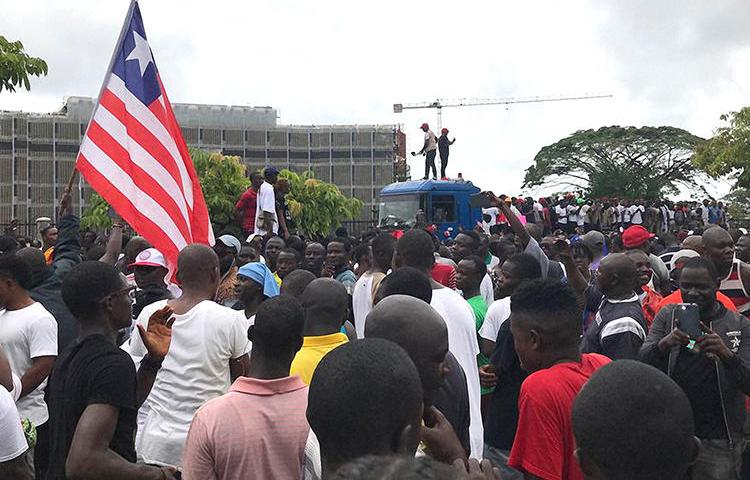
CPJ calls on Liberian authorities to ensure access to internet and social media services
Abidjan, June 7, 2019–Starting this morning, social media services including Twitter, Facebook, Instagram, Snapchat, and WhatsApp were disrupted throughout Liberia, according to data from the internet advocacy group NetBlocks and local journalists who spoke with the Committee to Protect Journalists. NetBlocks also reported disruptions to the Associated Press website and Google’s Gmail and News services…
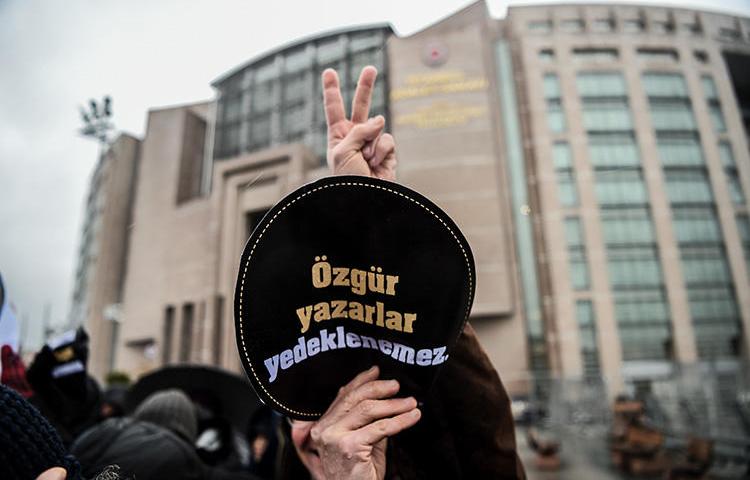
Turkey Crackdown Chronicle: Week of May 19, 2019
7 journalists sentenced in Özgür Gündem trial An Istanbul Court on May 21 sentenced seven journalists from the shuttered pro-Kurdish daily Özgür Gündem to prison after they were convicted of “making propaganda for a [terrorist] organization,” the Mezopotamya News Agency reported.
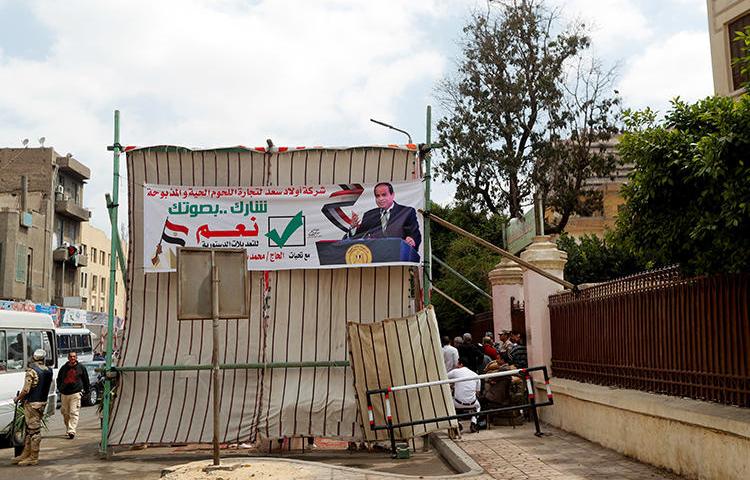
Egypt tests new censorship law with handling of al-Mashhad website block
Magdy Shandi, editor-in-chief of the Cairo-based independent newspaper al-Mashhad, planned to send 30 journalists to report from polling stations while votes were being cast in Egypt’s constitutional referendum between April 20 and April 22. He ended up ordering them to stay away, he told CPJ in a telephone interview in May. The state’s media regulator…
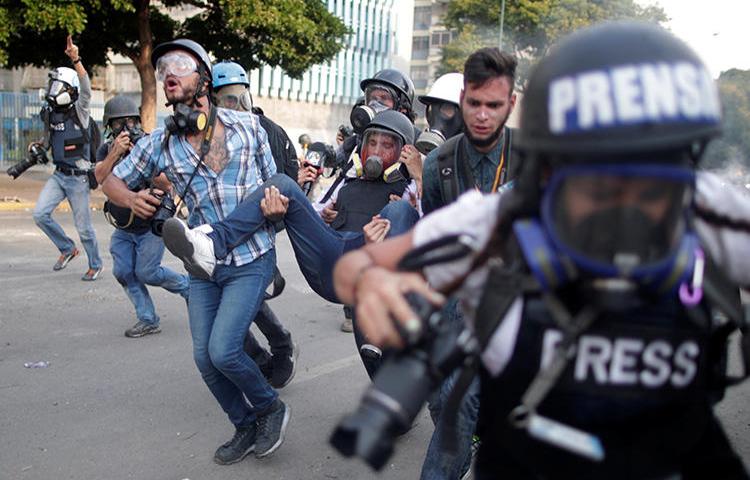
Challenges facing journalists trying to cover latest violence in Venezuela
The long-running political crisis in Venezuela escalated on April 30, 2019, after a civilian and military uprising was thwarted by the government of Nicolás Maduro, according to news reports. Opposition leaders Juan Guaidó and Leopoldo Lopez, accompanied by members of the armed forces, congregated on a highway in eastern Caracas and called upon the armed…
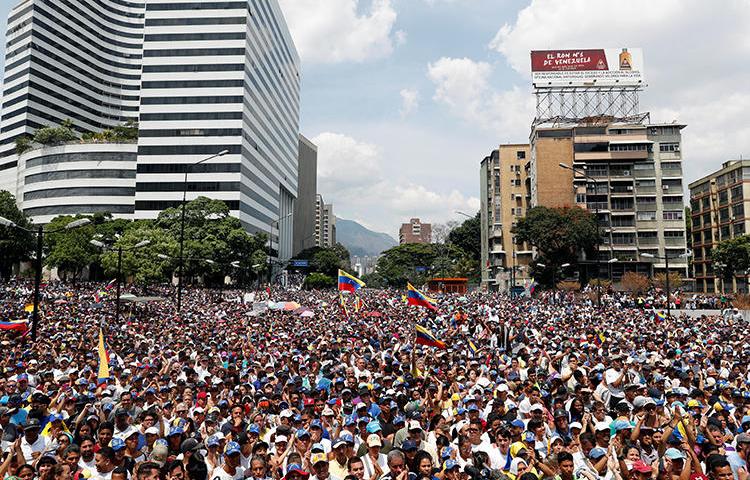
Venezuelan authorities restrict internet, block outlets amid unrest
Miami, May 1, 2019–The Committee to Protect Journalists today called on Venezuelan authorities to refrain from restricting access to the internet, social media services, and news outlets in the country during widespread protests and political unrest.
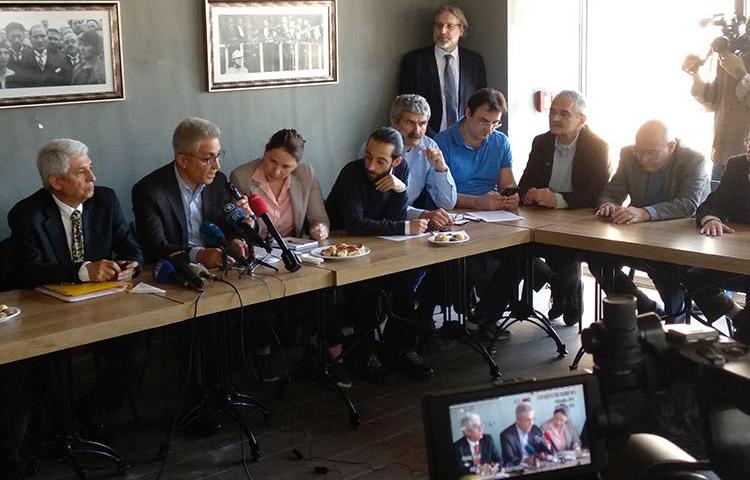
Turkey Crackdown Chronicle: Week of April 21, 2019
Cumhuriyet staff hand themselves over to prison authorities Six former employees from the daily Cumhuriyet handed themselves into authorities today, after the legal paperwork for their failed appeal was entered into Turkey’s judicial system and warrants were issued for their arrest, according to their lawyer and reports.
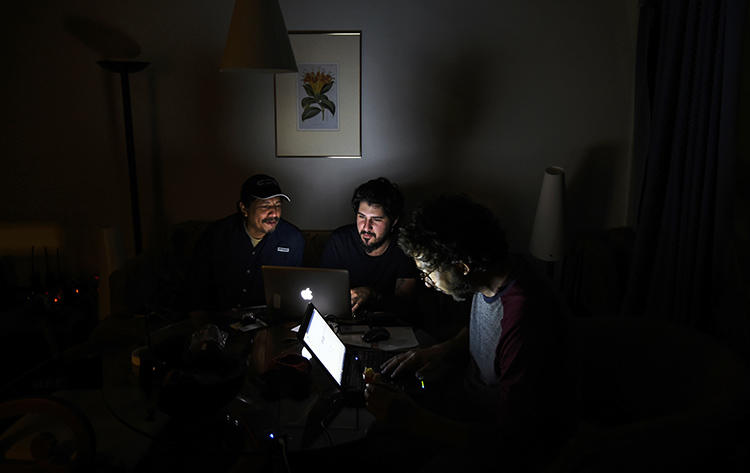
Maduro’s internet blackout stifles news of Venezuela crisis
One of the world’s biggest news stories on March 4 was the daring return to Venezuela of opposition leader and self-proclaimed interim president Juan Guaidó, who faced possible arrest by the authoritarian regime of Nicolás Maduro. But most Venezuelans were unable to follow his homecoming.
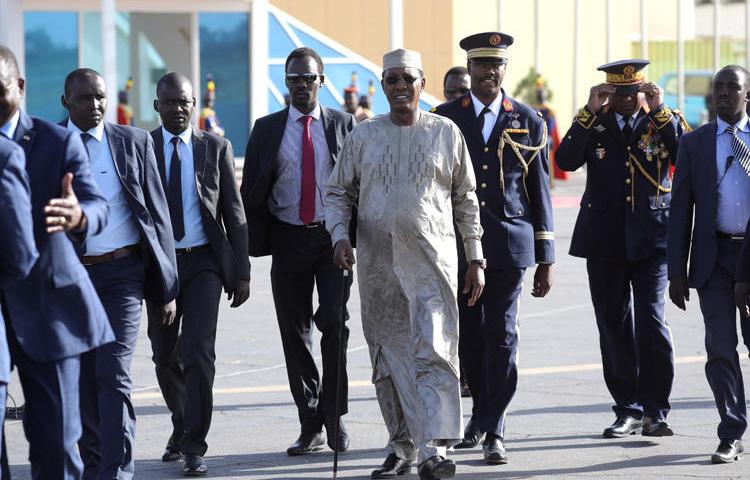
CPJ joins calls to end social media block in Chad
The Committee to Protect Journalists this week joined at least 79 rights organizations to urge African Union and United Nations experts to take action to end the government of Chad’s nearly year-long block on social media platforms, including Twitter, Facebook, and WhatsApp. The letters, addressed respectively to the African Union Special Rapporteur on Freedom of…
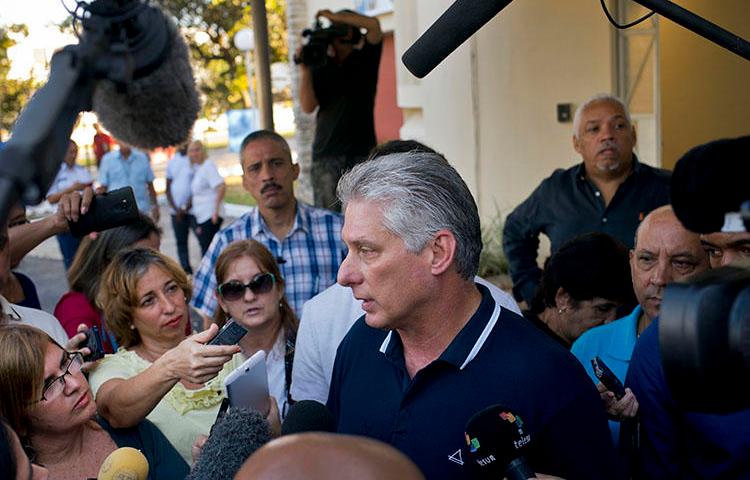
Critical news websites blocked during Cuba referendum vote
Miami, February 25, 2019– Cuban authorities should immediately ensure citizens have access to news websites, the Committee to Protect Journalists said today. Several critical news sites were blocked in the country yesterday, as Cuba held a national referendum on proposed changes to its constitution, news sites reported.
